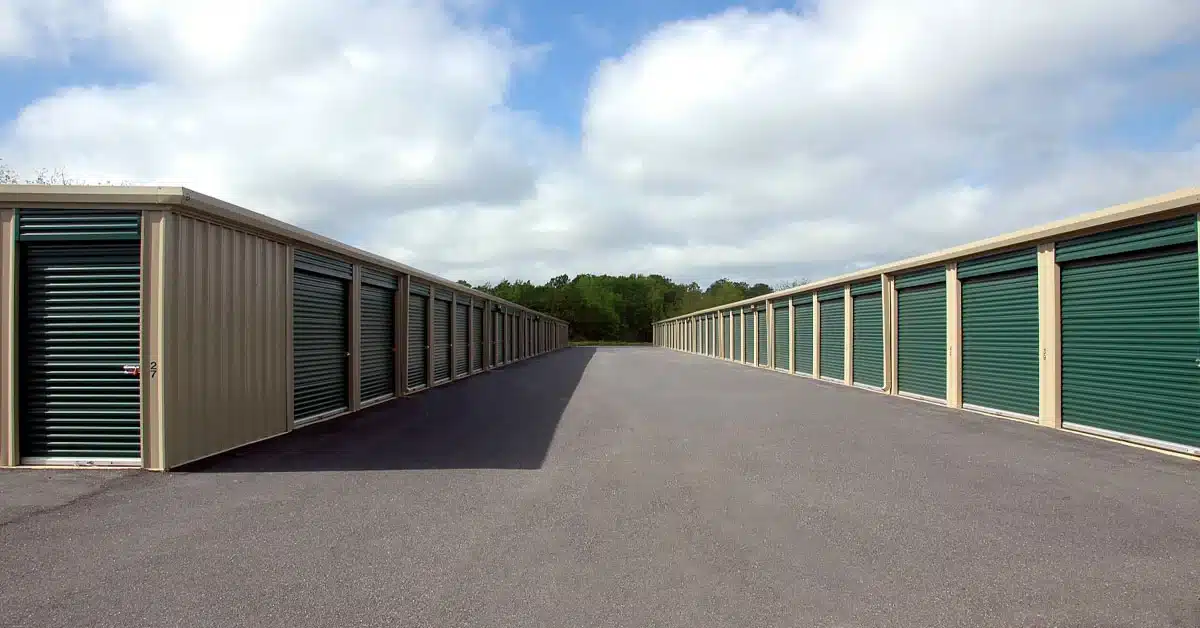
The Cost of Renting a Self-Storage Unit: What to Expect
Renting a self-storage unit can be a practical solution for various life situations, whether downsizing, moving or simply seeking extra space. However, understanding the costs associated with self-storage is crucial for making informed decisions.
This article will outline what to expect when it comes to the cost of renting a self-storage unit, exploring factors that influence pricing and tips for optimizing storage expenses.
Table of Contents
ToggleUnderstanding the Basics of Self-Storage Pricing
Before getting into specifics, it’s essential to grasp the basic components that contribute to the cost of renting a self-storage unit. Several factors influence pricing, including:
- Unit Size and Type
The size and type of the storage unit are primary determinants of cost. Larger units generally come with higher rental fees and specialty units like climate-controlled or drive-up access units may have additional charges.
- Location of the Facility
The geographical location that this storage unit is located will also influence pricing. , When choosing a facility, keep in mind that those situated in urban or high-demand areas often have higher rental rates compared to those in more remote locations.
- Amenities and Features
Storage facilities may offer various amenities, such as security features, 24/7 access, and climate control. The more features a facility provides, the higher the potential cost.
- Rental Terms and Contracts
The length of your rental agreement can impact the overall cost. Short-term rentals may have higher monthly fees, while long-term commitments or prepaid plans could offer discounts.

Breaking Down the Costs: What to Expect in Your Bill
When you receive a quote for a self-storage unit, it’s essential to understand the breakdown of costs to avoid surprises. The primary components typically include:
- Monthly Rental Fee
The core of your storage expenses is the monthly rental fee. This fee is determined by the size and type of the unit, as well as the facility’s location and amenities.
- Insurance Costs
While not always mandatory, many storage facilities require tenants to have insurance coverage for their stored belongings. This cost may be included in the monthly fee or billed separately.
- Administrative Fees
Some facilities charge administrative or sign-up fees when you initiate your rental agreement. These fees cover the administrative costs associated with setting up your account and may be one-time or recurring.
- Additional Fees for Features
If you opt for additional features like climate control, drive-up access, or 24/7 security, expect additional fees associated with these amenities.
Tips for Optimizing Self-Storage Costs
Now, armed with the understanding of the factors influencing self-storage costs, let’s explore some tips for optimizing your expenses:
- Assess Your Storage Needs
Before renting a unit, thoroughly assess your storage needs. Only pay for the space you genuinely require to avoid overspending on a larger unit.
- Shop Around for the Best Rates
Storage facility pricing can vary widely, even within the same area. Take the time to shop around and compare rates from different facilities. Consider factors such as location, security and customer reviews.
- Consider Off-Peak Seasons
If your storage needs allow flexibility in timing, consider renting during off-peak seasons. Some facilities may offer promotions or discounted rates during periods of lower demand.
- Optimize Your Unit’s Space
Maximize the space within your storage unit by using efficient packing techniques and organizing items strategically to allow downsizing to smaller units and to make the most of the rented location.
- Review Insurance Options
While insurance is essential to protect your belongings, review your options carefully. Check if your existing homeowners’ or renters insurance covers stored items, and explore whether the storage facility’s insurance is the most cost-effective choice.
Conclusion
Renting a self-storage unit provides a convenient solution for various storage needs, but understanding the associated costs is crucial for making informed choices. It doesn’t matter if it’s short-term or long-term storage, being aware of the costs ensures that you choose a storage arrangement that aligns with your needs and budget.





